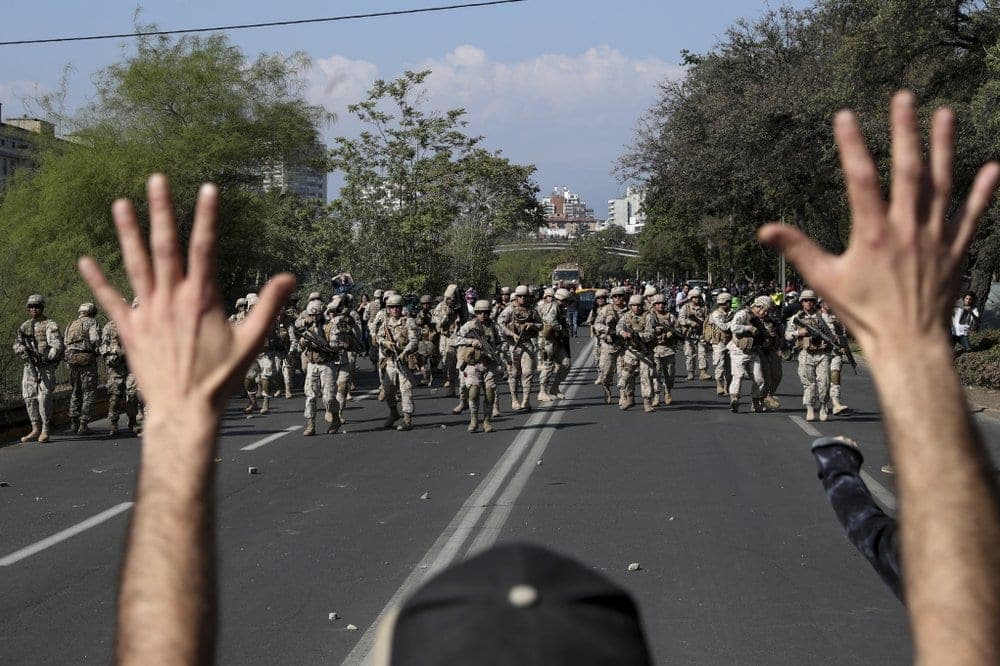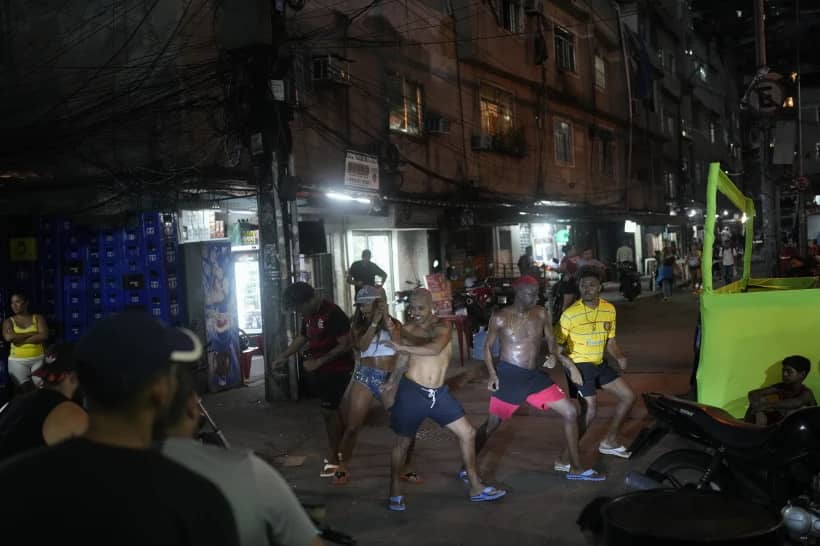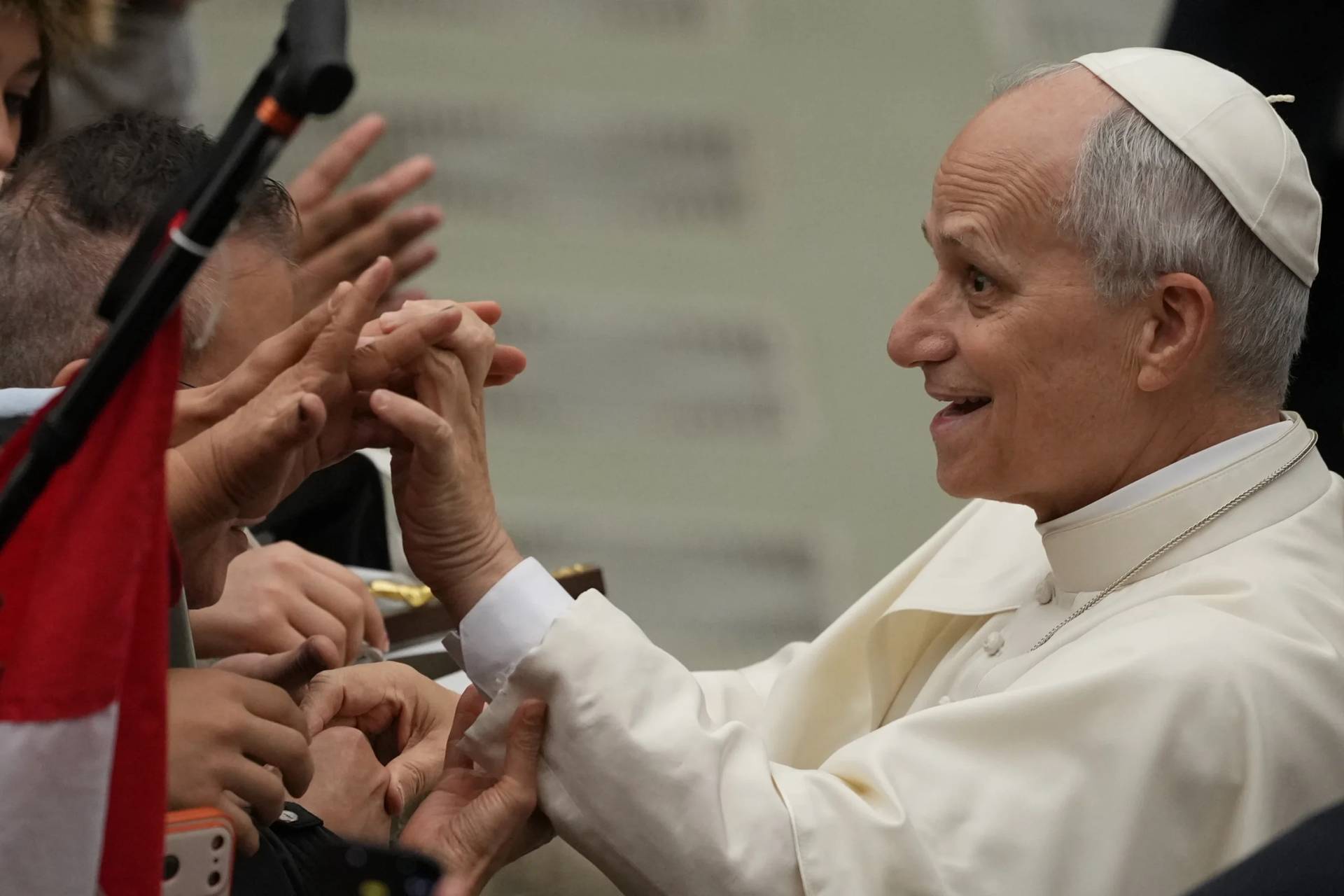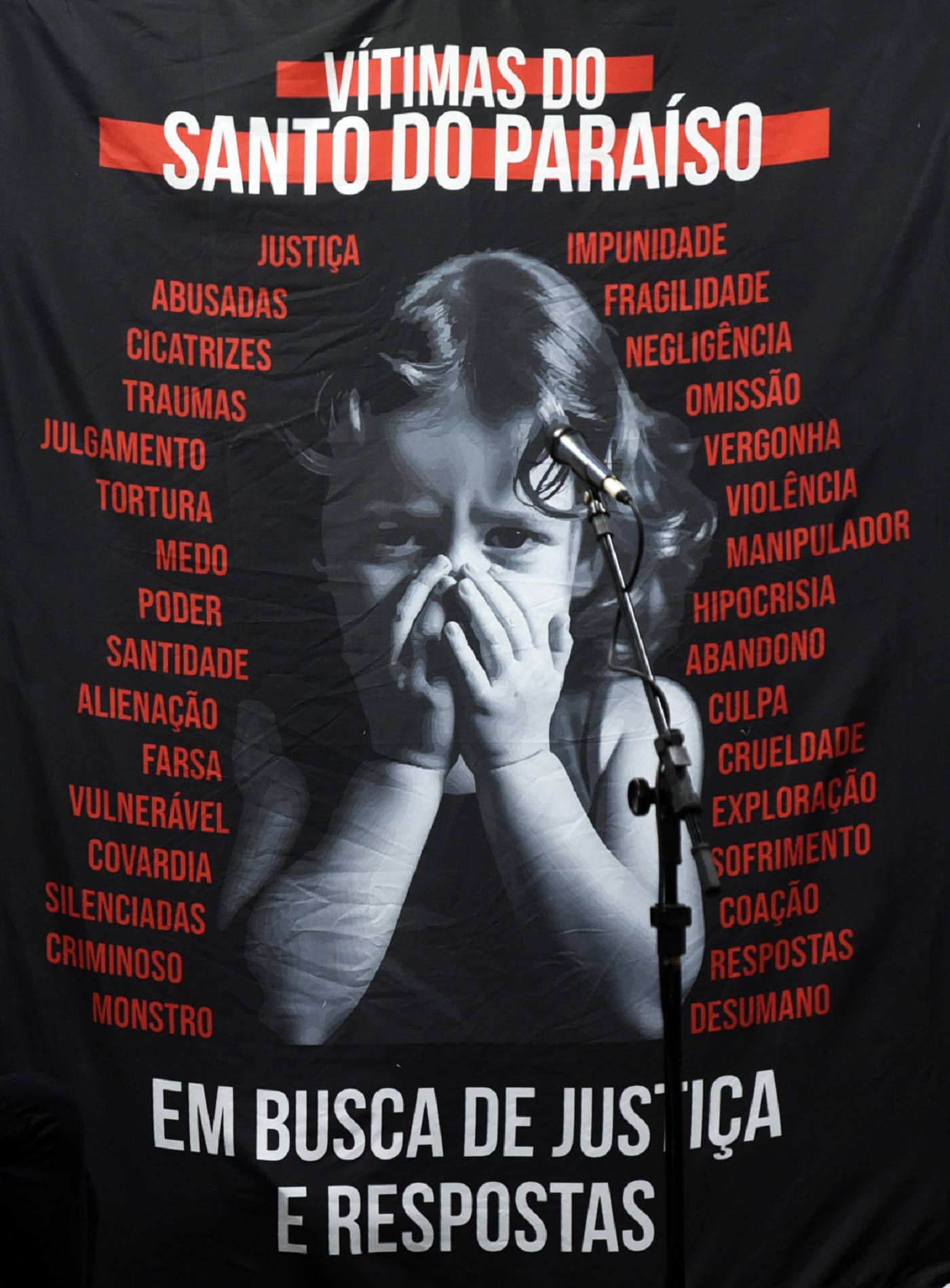ROME – For several years now, Chile has been among the most stable and wealthy countries in Latin America. However, the rise of the fare of the metro ticket in the capital, Santiago, has exposed the nation’s internal divisions and inequality.
Demonstrations have turned violent, with clashes between protesters and police leaving at least a dozen people dead.
Chile’s association for interreligious dialogue on Monday published a statement calling for the violence to cease.
“We invite you to make a great social pact to dialogue, which allows us to find solutions to build a more fair and supportive country,” said religious leaders, including a Catholic bishop, a rabbi, an imam, a Lutheran Evangelical bishop and the leader of the local Baha’i community.
They made a strong call for justice and peace, affirming that violence is “unacceptable.”
They also called for attention to be paid to the “injustices” seen in Chile, that demand “attention and a solution.”
“As men and women of faith we believe in God and in his mercy (…) we are hurt by the dead and wounded from these dark days of our history,” they said. “It hurts us that those most affected are the poorest.”
On Sunday at 9 PM local, Catholics were invited to pray for peace, a call that is being repeated across the country as violence continued on Monday.
“Violence is defeated by peace, justice is defeated by injustice,” said Bishop Celestino Aós, apostolic administrator of the archdiocese of Santiago. “In these hours we must repeat ‘Love is stronger.’ It is not a time for many words, but for prayer.”
What’s happening in Chile?
The violent protests which began Friday have included looting, riots and burning of public property. More than 300 people have been arrested and over 150 police officers injured. The damage to the subway system is estimated to be over $300 million.
Saturday night, President Sebastian Piñera declared a state of emergency in Santiago and six other cities, deployed some 9,000 soldiers and tanks and imposed a curfew that even saw international evening flights out of Chile’s main airport suspended.
What started as a mass student protest over an increase in public transport fares on Friday morphed into a broader movement over the weekend demanding changes to Chile’s economic model and protesting the high living cost. The spark that ignited the powder keg was a fare increase of 30 pesos, or 4 U.S. cents.
This is the worst case of civil unrest in the Latin American country since the end of the dictatorship of Augusto Pinochet in 1990.
“The levels of destruction have never been seen before,” government spokeswoman Cecilia Perez told reporters over the weekend.
On Sunday, Piñera said the country is at “war.”
“Democracy not only has the right, it has the obligation to defend itself using all the instruments that democracy itself provides, and the rule of law to combat those who want to destroy it,” Pinera said in a late-night televised address at army headquarters in Santiago.
“We are at war against a powerful, implacable enemy, who does not respect anything or anyone and who is willing to use violence and crime without any limits, who is willing to burn our hospitals, the subway, the supermarkets, with the sole purpose of producing as much damage as possible,” he said.
Surrounded by the military, the president said that “vandals are true criminals,” although he added that he understood that “our countrymen have the right to protest and we share many of their concerns and needs,” but no one has the right to act “with brutal criminal violence.”
The Catholic bishops released a first statement on Saturday, after the first day of civil unrest and violence.
“The first obligation of all of us who exercise some kind of leadership in the country is to understand the deep discomfort of people and families that are affected by unfair inequalities,” they wrote.
They also said that they “strongly condemned the violence,” but acknowledged that for this condemnation to be effective “we have to understand the roots of that violence and work urgently to prevent it, stop it and generate peaceful ways of dealing with conflict.”
Follow Inés San Martín on Twitter: @inesanma
Crux is dedicated to smart, wired and independent reporting on the Vatican and worldwide Catholic Church. That kind of reporting doesn’t come cheap, and we need your support. You can help Crux by giving a small amount monthly, or with a onetime gift. Please remember, Crux is a for-profit organization, so contributions are not tax-deductible.Bar













